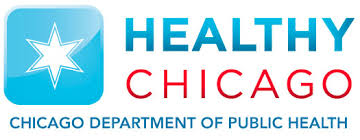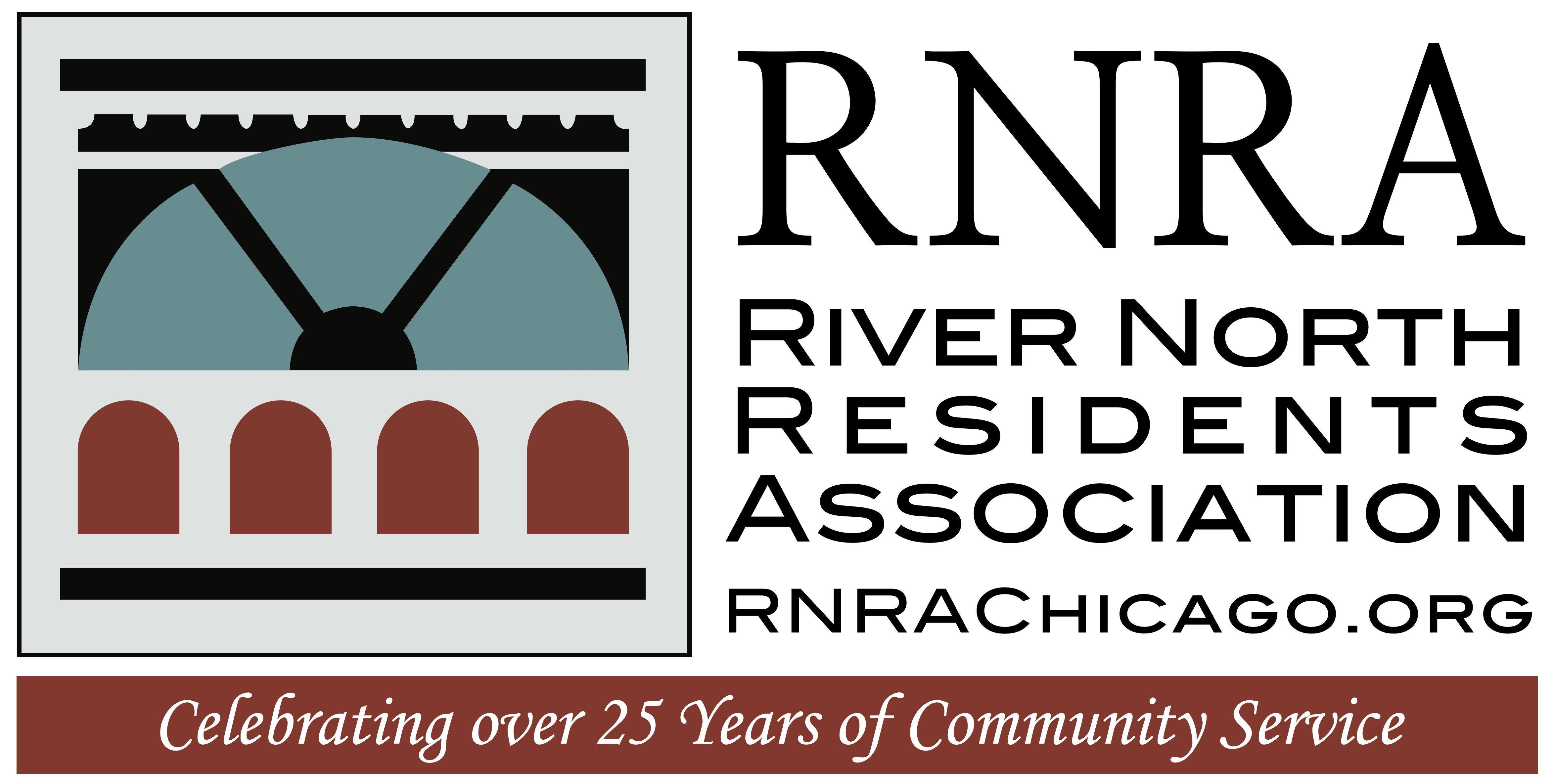
What is 2019 Novel Coronavirus (2019-nCoV)?
2019 Novel Coronavirus, or 2019-nCoV, is a new respiratory virus identified in December 2019 as the cause of an outbreak in Wuhan, Hubei Province, China. 2019-nCoV has resulted in thousands of confirmed cases in China, with additional cases being identified in a growing number of other countries.
The first case in the United States was announced on January 21, 2020 and the first case in the Chicago area was announced on January 24, 2020, in a person who had traveled to Wuhan, China. The second case was announced on January 30, 2020, in a close household contact. This is also the first case of human-to-human transmission in the United States.
The latest situation summary updates, including the number of cases identified in the United States, are available on CDC’s web page 2019 Novel Coronavirus, Wuhan, China.
What are the symptoms of 2019-nCoV?
People who get sick with 2019-nCoV develop mild to severe respiratory illness with symptoms including fever, cough, and difficulty breathing. Many common illnesses can cause these same symptoms. Individuals who have these symptoms and have traveled to Wuhan, China or have had close contact with someone with 2019-nCoV should be seen by a doctor or medical professional.
CDC believes at this time that it takes between 2 and 14 days to develop symptoms of 2019-nCoV after being exposed to the virus. Novel coronavirus can only be diagnosed through a laboratory test.
How does the virus spread?
Although this virus likely emerged from an animal source, it can also spread from person-to-person. Some viruses are highly contagious (like measles), while other viruses are less so. It’s not clear yet how easily 2019-nCoV spreads from person-to-person.
The main way most coronaviruses (including the common cold) spread is through the droplets produced when an infected person coughs or sneezes. In other coronavirus outbreaks, spread has generally occurred between close contacts.
What is the treatment for 2019-nCoV?
There is no specific medicine to treat 2019-nCoV infection at this time, though studies are underway. People sick with 2019-nCoV should receive supportive care from a health care professional. Supportive care means care to help relieve symptoms; for example, medicine to bring down fevers, or oxygen if a patient’s oxygen level is low.
How worried should I be about this novel coronavirus in Chicago? How can I protect myself and my family?
Currently, the health risk to the general public from novel coronavirus remains low, both in the U.S. and in Chicago. At this point, there is no need for the general public in Chicago to change their behavior in any way related to this virus. The Chicago Department of Public Health takes new viruses very seriously, is monitoring the situation carefully, and will rapidly communicate any changes in this guidance.
As with any respiratory virus, you can protect yourself and others by taking everyday common sense actions:
What can travelers do to protect themselves and others?
The Chicago Department of Public Health recommends avoiding non-essential travel to China. Chinese officials have closed transport within and out of Wuhan and other areas in Hubei Province, including buses, subways, trains, and the international airport. The latest travel updates are available on CDC’s web page Traveler’s Health. If you must travel:
What if I recently traveled to China?
Any travelers returning from mainland China on or after February 3should stay home and monitor their health for up to 14 days after leaving China.
Travelers who returned from mainland China prior to February 3 can remain in school and work. If you feel sick with fever, cough or difficulty breathing, you should.
For more information, please visit the CDPH’s website or the CDC’s website, email coronavirus@chicago.gov, or call 312-746-4835.


